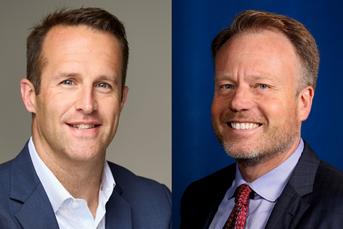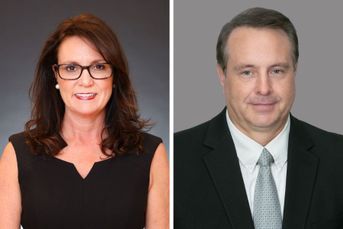What, me worry? Most people’s retirement egos are inflated

While many say they can easily cut spending in retirement, one advisor says it's not so easy.
Clients might have an overconfidence problem when it comes to retirement planning, claiming Social Security, and overall personal finance.
Financial advisors were significantly less likely to say their clients are prepared for retirement than those clients think they are, according to survey results published Tuesday by Allspring Global Investments.
“Advisors believe investors know less than they think they do about Social Security, Medicare planning, and general financial planning,” Nate Miles, head of retirement at Allspring, said in the announcement of the results. “Advisors have the experience and tools to help those in or nearing retirement get a clearer picture of what it will take to achieve financial security.”
Among more than 1,500 people in or near retirement who were surveyed in September, more than two-thirds said they were ready for retirement. But the 320 advisors in the survey disagreed, reporting that only about 40 percent of their clients in that age group were ready to retire.
But there was also a finding showing that people also know how to help themselves – on average, they said they could reduce their retirement spending by 25 percent before their overall happiness would be affected.
That estimate, though, seems overly optimistic for most people, said Kashif Ahmed, president of American Private Wealth.
“A lot of people will say that, and talk is cheap,” Ahmed said. When they review their expenses – including entertainment spending and small luxuries they’d rather not give up – they realize they need to have a higher level of savings, he said. “These are most likely people who haven’t even sat down and listed their expenses.”
When it comes to Social Security, 54 percent of retirees and 44 percent of near-retirees said they had a handle on claiming strategies, contrasting with the 10 percent of clients advisors said were knowledgeable, Allspring found. There were similar figures for Medicare planning, with 46 percent of retirees and 30 percent of near-retirees saying they were adept, but only 8 percent of advisors vouching for clients.
Further, only 14 percent of clients get passing grades from their advisors on the subject of personal finance, although 65 percent of retirees and 54 percent of near retirees considered themselves knowledgeable.
That people tend to overestimate their financial acumens shouldn’t be a revelation for financial advisors, Ahmed said.
“Most people are delusional. I don’t mean that in a disrespectful way. We are in the business, so we know the reality – we know the numbers it’s going to take,” he said. “A lot of people don’t understand what numbers mean.”
Even the difference between having $100,000 and $1 million saved for retirement might be lost on very smart people who are financial experts, Ahmed said.
He recalled talking with a couple who wanted to retire and buy a $400,000 RV to tour the country. But with only $80,000 saved, they were in no shape to do that, he said. “They were shocked.”
Overloading on stocks in retirement often makes sense, says Horizon CIO
Learn more about reprints and licensing for this article.








